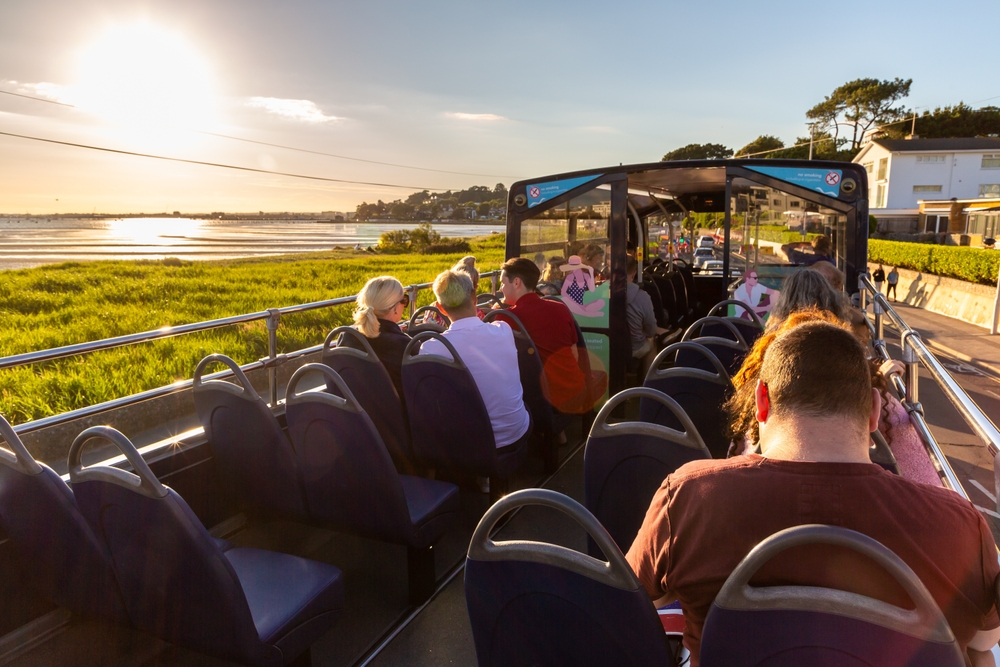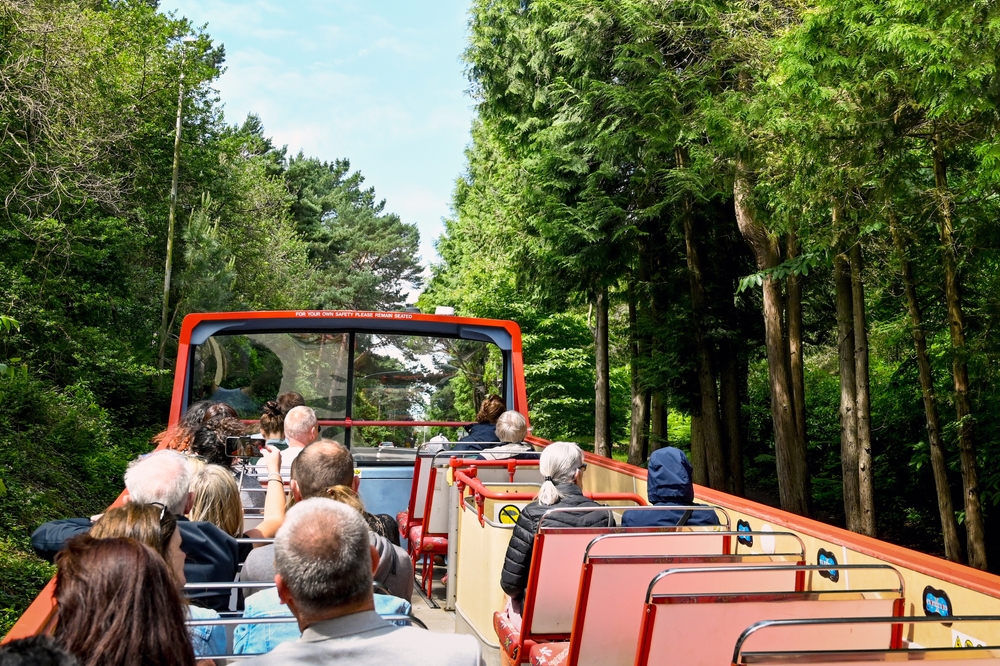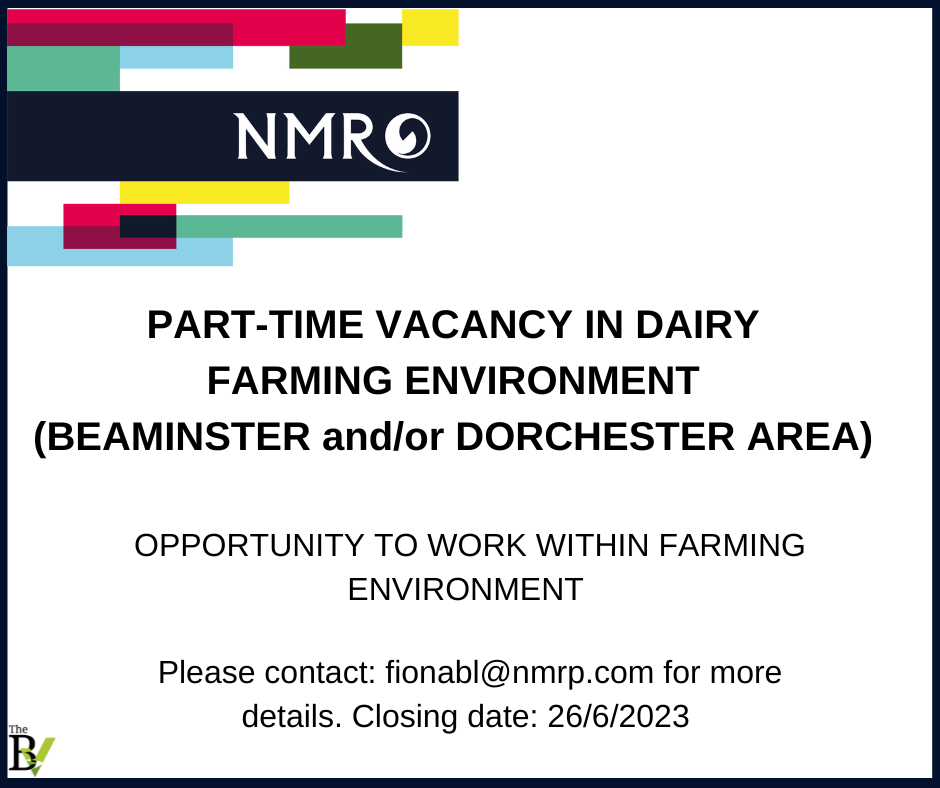Why wasn’t Guild MD John Farrand invited to No 10’s summit?
The Gillingham-based Guild of Fine Food has for 28 years been campaigning for and supporting the independent food sector, food shops, producers and farmers

If you were to believe the current media avalanche, Artificial Intelligence (AI) is the answer to everything. It will run the country – perhaps the world – while being able to explain why people watch Mrs Brown’s Boys.
Society is naturally concerned that this is in fact the beginning of a dystopia, where there will be no jobs for humans (only R2D2s will be gainfully employed), no essays will be written by a student with a pulse, our healthcare will be neglected (robots won’t need it, bar the odd drop of oil) and our food chain won’t function because the automatons will just need an electric charge now and then.
But hasn’t this chaos already started? I’m no doubt over-simplifying it, but if AI is so bloody clever shouldn’t we be asking it the bigger questions? How humans can negotiate world peace. Cure cancer. Ensure the world’s growing population eats affordable, nutritious food and drink. Solve obesity, reverse climate change, promote local economies to solve macro-economic issues, globally …
Get on with that Botty Chat.
Who got the call?
Our government has recently addressed an element of the above with its much-publicised Farm to Fork summit. A thinktank encompassing all those concerned with growing and selling produce in this country.
Or not.
Yet again, those in power are only concerned with those in power. The agenda and guest list of that meeting was a closely guarded secret. I greatly respect the work of Minette Batters and the NFU, but they simply cannot represent all growers. Neither Sustain, the Soil Association nor the Food Farming and Countryside Commission were among the call up – among many others. The erstwhile DEFRA food tsar Henry Dimbleby wasn’t even consulted, even after his considerable (and government-funded) work on the National Food Strategy.
We’re all guessing which retailers did grace No.10 for the summit, as it’s a little clandestine. Rest assured the big four or five supermarkets would have been supping Rishi’s morning coffee.
No invite for the Guild of Fine Food – which represents delis, farm shops and grocers – nor for the Association of Convenience Stores. As a back-of-an-envelope guess, that’s 150,000 independent retailers in the UK who sell food and drink whose opinion has been ignored.
We must achieve robust and genuine industry-wide food security.
Perhaps it’s simply another question for AI? It might, in fact, solve it in years to come. Personally I’d rather pull out the robot’s plug and simply be more inclusive.


















